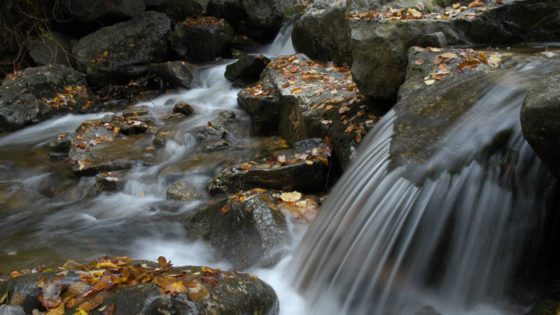FOR IMMEDIATE RELEASE: October 7, 2011
CONTACT:
Contact: Diane Huskinson, Stroud™ Water Research Center
Stroud™ Water Research Center Projects Featured at National Event
Avondale, Pa. – On September 19, the National Science Foundation hosted an event, STEM Smart: Lessons Learned From Successful Schools, at Drexel University. This event introduced a publication by the National Research Council (NRC) on successful Science, Technology, Engineering, and Math (STEM) education and highlighted examples of successful STEM education initiatives.
Two of the 31 exemplary resources were projects developed by Stroud™ Water Research Center scientists and educators. Among the luminaries present to discuss STEM learning were Rep. Chakka Fattah (D-Pa.), Dr. Subra Suresh, director of the National Science Foundation, and Mayor Michael Nutter of Philadelphia. The message could not have been clearer: We need to think differently about STEM learning if we are to resume our position as global leaders. What worked for our parents no longer works for 21st century learners.
The Model My Watershed® and Critical Zone Observatory education projects, prominently featured in the exhibit area, received considerable attention from both speakers and educators, thanks to the hands-on, interactive nature of the activities. As Anthony Aufdenkampe said, “We know that we are doing well when we have more people at our table than looking at the robot in the next booth.”
Model My Watershed® introduces a watershed-modeling tool set to secondary students, enabling them to learn about the impacts of land use and other changes on water quality and their local environment. It employs an interactive Web tool with a videogame-quality interface that’s based on open-source software and Google Maps.
In 2009 the University of Delaware, in collaboration with Stroud Water Research Center, established the Christina River Basin as the sixth Critical Zone Observatory under the national program. The project enables researchers to investigate carbon cycling and its effects on climate change.


